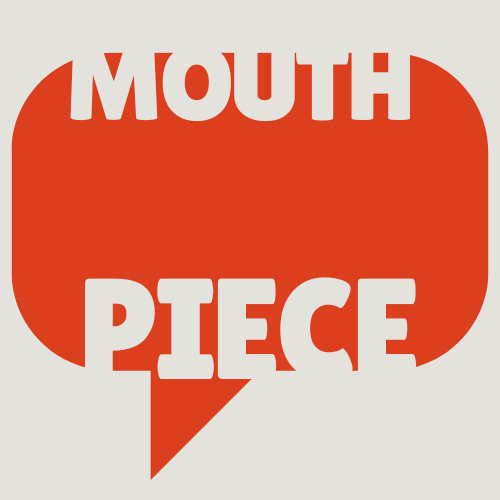Language is power. It determines who gets heard, who gets dismissed, and who gets to shape the world. It decides whether you sound educated or unrefined, authoritative or uncertain, native or foreign, trustworthy or suspicious.
From the Queen’s English to corporate jargon, from political spin to internet slang, the words we choose aren’t just about communication—they signal status, identity, and belonging. They can reinforce oppression or drive revolution.
So, who decides what “good” language is? Who benefits from controlling it? And how do we fight back?
🗣 Language as a Status Symbol
If you’ve ever been told to “speak properly,” you’ve already experienced how language enforces social hierarchies.
For centuries, aristocrats, academics, and politicians have dictated what “correct” language is. In Britain, Received Pronunciation (RP) became synonymous with intelligence and authority—while regional accents were ridiculed. In the U.S., the Mid-Atlantic accent once signified Hollywood glamour and East Coast elite power—until it vanished, replaced by a new linguistic prestige: corporate speak.
- AAVE (African American Vernacular English) is widely used in pop culture, yet people who speak it natively are told it’s “unprofessional.”
- Women’s speech is policed and ridiculed for being too “uptalk-y,” too “vocal fry,” too “aggressive,” or too “passive.”
- Migrants with accents are denied jobs, mocked in media, and treated as outsiders.
The gatekeepers of language are not just preserving communication—they are preserving power.
🛠 The Weaponization of Words
If you can control language, you can control how people think.
- Frank Luntz, a Republican strategist, advised politicians to say “climate change” instead of “global warming”—because it sounded less urgent.
- Corporations greenwash their image with vague words like “carbon neutral” and “sustainable,” while continuing to destroy the planet.
- Protest movements rise and fall based on how they frame their language—whether it’s “Black Lives Matter” vs. “All Lives Matter,” or “Defund the Police” vs. “Reallocate Resources.”
These aren’t just semantic debates. They’re battles for political reality.
🌍 The Fight for Language Liberation
If language is a tool of control, it’s also a tool of resistance.
- Linguistic reclamation is happening everywhere—from Indigenous language revival projects to gender-neutral pronouns disrupting linguistic norms.
- Digital culture is democratizing language—internet slang, memes, and emoji are creating new, globalized dialects.
- Activists are fighting back against linguistic erasure—whether it’s Hawaii reclaiming ʻōlelo Hawaiʻi or the movement to decolonize academic English.
Every time we choose words, we make a decision about power.
🔮 What Mouthpiece Will Explore
Mouthpiece is here to unpack, challenge, and reclaim language.
We’ll dive into:
📌 How accents & dialects shape status and belonging
📌 Why internet slang is the new aristocratic code-switching
📌 How propaganda & political framing manipulate reality
📌 What happens when languages disappear—and how we can save them
📌 How protest movements use words to drive social change
If you’ve ever questioned why some words hold power, why some people are told to “speak properly,” or how language is shaping our future—this is for you.
📩 Subscribe for weekly insights.
📢 Join the conversation: What’s a word, phrase, or accent that has shaped how people perceive you? Reply and let me know.
